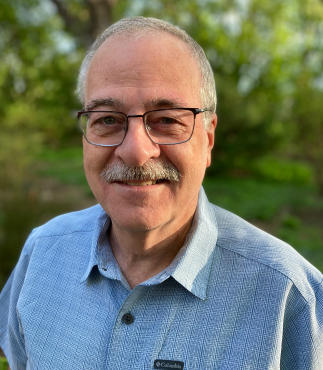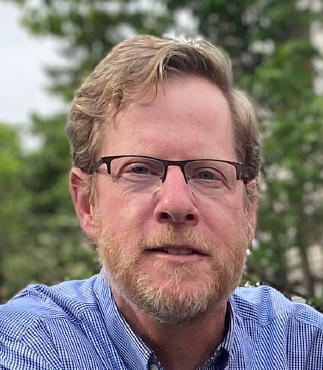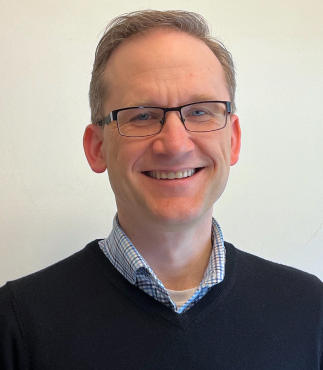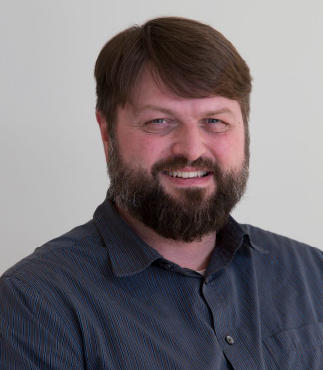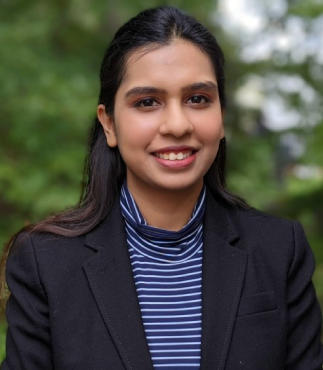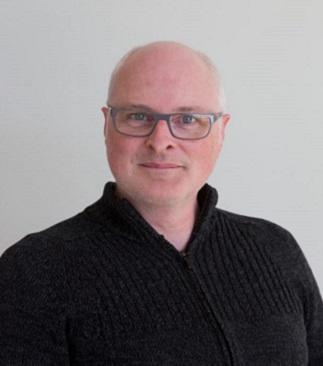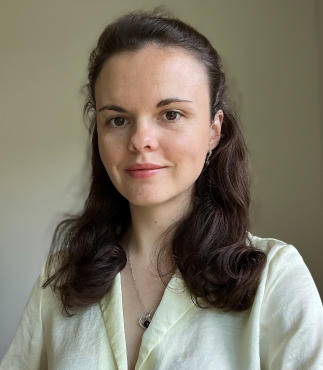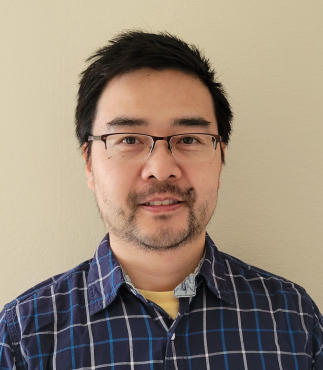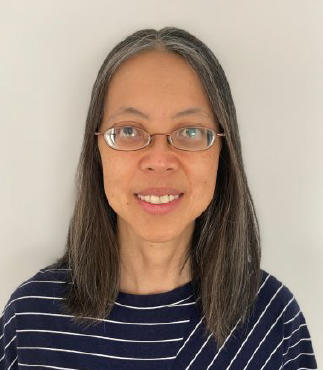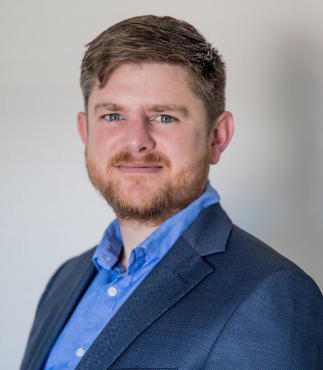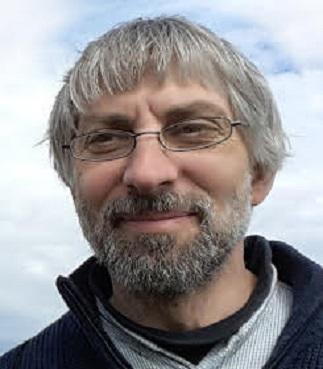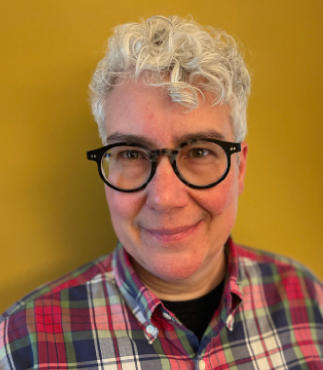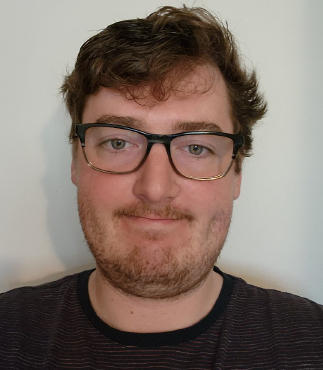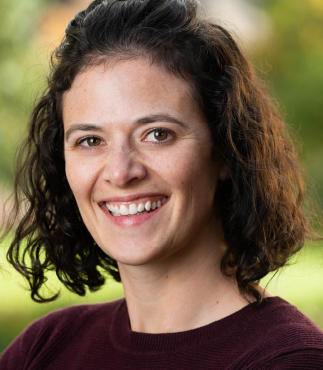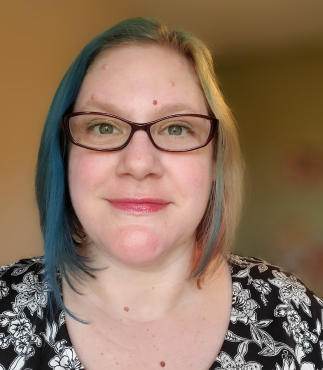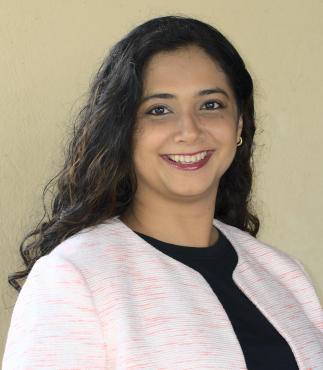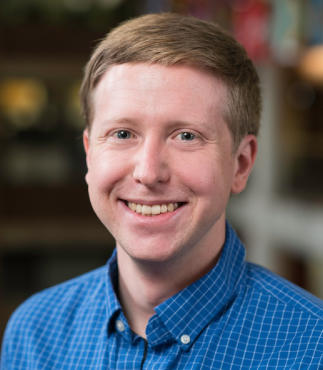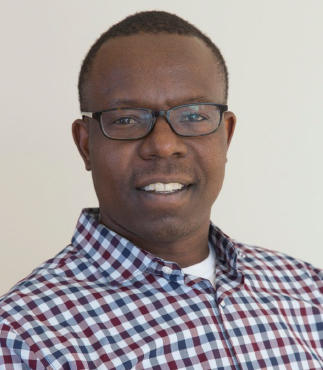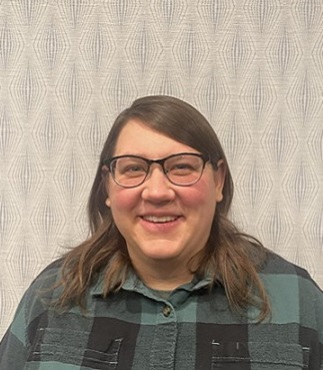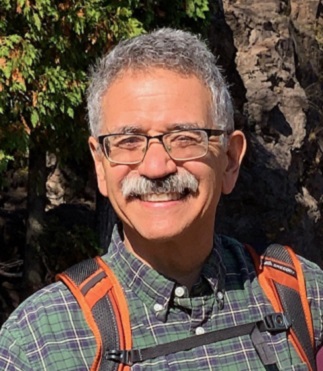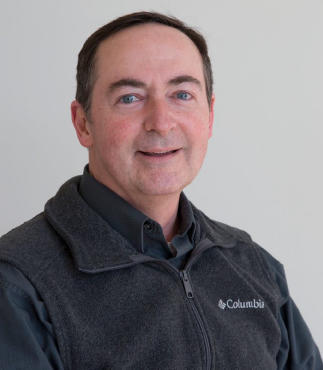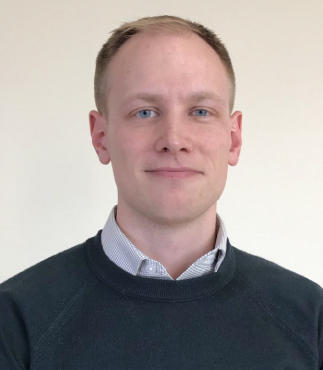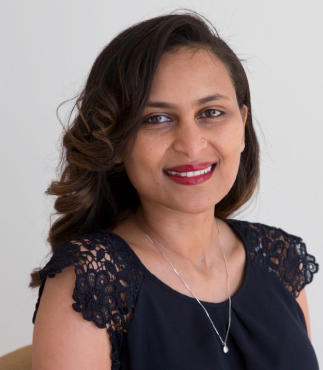Philip Pardey
Applied Economist, GEMS Co-Director
Expertise:
Bio-economics of technical change in agriculture, Sustainable agricultural productivity growth, Economic impacts of R&D
Bio:
Phil is Director of Global Research Strategy for the University of Minnesota’s CFANS (College of Food, Agricultural and Natural Resource Sciences) and the Minnesota Agricultural Experiment Station (MAES) and was founding Director of the InSTePP (International Science and Technology Practice and Policy) center. His career has focused on informing and enabling data-driven innovation and sustainable productivity growth in the food and agricultural sectors worldwide. Previously he was a senior research fellow at IFPRI (International Food Policy Research Institute), Washington D.C. and ISNAR (International Service for National Agricultural Research), The Hague, Netherlands.
Links
Jim Wilgenbusch
Director of Research Computing, UMN, GEMS Co-Director
Expertise:
High-Performance Computing, Bioinformatics, Phylogenetic Inference, Information Technology Policy and Practice, Research Cyberinfrastructure
Bio:
James (Jim) is the Director of Research Computing in the Office of the Vice President for Research at the University of Minnesota, Twin Cities. Jim is responsible for the strategic direction and leadership of the three major computational research areas at UMN: the Minnesota Supercomputing Institute (MSI), the University of Minnesota Informatics Institute (UMII), and U-Spatial. He leads University-wide initiatives, partners with collegiate senior administrators and works with faculty and administrators to shape research computing at the University of Minnesota and beyond. Jim is also involved at a national level in the promotion and development of research cyberinfrastructure and plays a variety of roles in organizations such as the Coalition for Academic Scientific Computation (CASC), Campus Research Computing Consortium (CARCC), and the National Science Foundation’s Big Data Regional Innovation Hubs.
Links
Kevin Silverstein
Bioinformaticist, GEMS Operations Manager
Expertise:
Bioinformatics, Systems biology, Comparative genomics, Databases, Plant-microbe interactions
Bio:
Kevin is Scientific Lead for the Research Informatics Solutions (RIS) group at the Minnesota Supercomputing Institute (MSI). He has spent decades performing large-scale bioinformatics analyses involving cutting-edge high-throughput data from bacteria, fungi, plants, mammals and complex communities. He has performed detailed investigations of plant-microbe systems in continued research since 2001. Additionally, in 2010-2012, he led an effort to identify mutations in clinical patients with Fairview Hospital which has been expanded in partnership with MSI and continues to be used today. The knowledge gained from handling protected patient data has been brought over to GEMS to protect farmer and corporate data. Kevin has authored over 75 research articles, which can be found on Experts at UMN and Google Scholar.
Links:
Benjamin Lynch
Director of MSI
Expertise:
Machine Learning, High Performance Computing
Bio:
Benjamin is the Director of the Minnesota Supercomputing Institute. In this role he leads the operations, development, and research informatics activities at the institute. He works with leaders throughout the University of Minnesota system as well as other computing centers to facilitate the research objectives of University faculty. While at the University, Ben has worked with faculty and other researchers to facilitate a broad range of high-throughput and high-performance workflows. Benjamin received his Ph.D. under the direction of Donald G. Truhlar at the University of Minnesota, where he developed wave-based and density-based electronic structure methods.
Links
Jesse Erdmann
GEMS Systems Architect
Expertise:
The intersection of software, data, and infrastructure in enabling research across private and public boundaries
Bio:
Jesse has worked in research and supporting research across the domains of infosec, defense, biomedical informatics, bioinformatics, demography, and agroinformatics in both the private sector and academia. His career began with software engineering, but working on small research projects and at startups resulted in a broadening of skills and experiences into virtualization, data engineering, and wrapping it all together with systems architecture. Jesse's long term focus is helping scientists better leverage the tools and technologies available to them in their research.
Links
Anubha Agrawal
Research Data Scientist
Expertise:
Data Wrangling, Machine Learning, Data Visualization
Bio:
Anubha graduated from the University of Minnesota with an M.S. in Data Science. Since then she has worked as a Research Data Scientist at GEMS where she works on data cleaning, management, and analysis. She has worked on various machine learning projects in the agriculture-food sectors using temporal and spatial data such as remote sensing, ground sensing, and phenotypic and socio-economic data. In her free time, she likes to read fiction and spend time outdoors.
Links
Graham Allan
Associate Director for Advanced Systems Operations, Minnesota Supercomputing Institute
Expertise:
High Performance Computing strategy and storage architect, Virtual and containerized computing environments
Bio:
Graham is a HPC systems and hardware operations specialist. He has over 20 years of experience supporting and developing custom research cyberinfrastructure environments for a wide range of research domains. Graham also provides leadership for MSI’s Advanced Systems Operations group, where he is responsible for deploying and supporting some of the Institute’s leading edge and pre-production systems.
Links
Olena Boiko
Geospatial Developer
Bio:
Olena is a geospatial developer at U-Spatial and with GEMS Initiative at the University of Minnesota. She received her M.Sc. in Geography and GIS from South Dakota State University. She has provided research and data processing support for projects focused on food security assessment, drought monitoring, and other applications in agriculture and hydrology. Her skills include applying spatial analysis methods and programming languages to derive meaningful information from remotely sensed data. Olena is particularly interested in finding ethical and sustainable ways to ensure human and environmental well-being.
Links
Nathan Carlson
Linux Systems Operations Engineer
Expertise:
Containers, Data Management and Linux Systems
Bio:
While working on his degrees at the University of North Dakota (UND) Nathan worked as an undergraduate research assistant in the physics department. During his last couple years at UND he switched his focus towards computer science and found a junior role as a site reliability engineer with a weather analytics company. This role introduced Nathan to the field of managing large computer systems. After graduating he went to Lawrence Livermore National Lab and filled software developer and computer system management roles. In 2020 he returned to Minnesota to join the Minnesota Supercomputing Institute.
Links
Yuan Chai
Applied Economist
Expertise:
Agricultural productivity and innovation, agricultural risk management, bio-economic pest and disease modeling
Bio:
Yuan Chai is an agricultural economist at the GEMS Informatics Center, University of Minnesota. Yuan received his MS degree in plant pathology and his PhD in applied economics, both at the University of Minnesota. As a plant pathologist, he studied rust resistance genetics in barley. As an agricultural economist, his research focuses on agricultural innovation, production, productivity, and the bio-economics of crop varietal change and production risk. He creates and applies fit-for-purpose bio-economic models to assess the consequences of and the strategies used by farmers in coping with production risks arising from climate- or pest-induced pressures on agriculture.
Links
Connie Chan-Kang
Agroinformatics Data Steward
Expertise:
Data cleaning, documentation and analysis
Bio:
Connie received a M.Sc. degree in agricultural economics from Oregon State University in 1997. Connie joined the InSTePP center at the University of Minnesota in 2004, and contributed to a whole host of projects on agricultural input, output and productivity measurement and analysis and the economic evaluation of agricultural R&D. As a data stewart for GEMS, Connie support a range of data access, cleaning, and analysis tasks required by the GEMS Informatics Center and plays a broader role in the curation of the overall meta-data for GEMS. She also continue to support the development and maintenance of various large databases for InSTePP and GEMS.
Links
Jan C. Greyling
Lead: Stellenbosch AgroInformatics Initiative
Expertise:
Spatial impacts of agricultural policy and the application of data science in agriculture
Bio:
Jan C. Greyling leads the Stellenbosch AgroInformatics Initiative (SAI), based within the Faculty of AgriSciences at Stellenbosch University. SAI aims to promote data-intensive public-private agrifood research partnerships that benefit Africa. He holds a PhD in Agricultural Economics from Stellenbosch University and is passionate about African agriculture. Jan has been involved in several agricultural research projects throughout the continent and has a family background in farming. He often spends his holidays on their family farm and has a broad interest in agricultural technology.
Links
Christopher R. Hertel
Sr. Manager, Advanced Computing Projects, Minnesota Supercomputing Institute
Expertise:
Distributed Computing and Internetworking, Protocol Analysis and Data Storage Design, and Networks and Systems Interoperability
Bio:
Chris first joined the University of Minnesota as a Network Design Engineer, supporting offsite connectivity, systems interoperability, and data storage networking. Campus computing goals provided the impetus for joining a major Open Source software project, which led to several years spent wandering through the corporate wilderness where Chris made a name for himself as a data storage and protocols guru. Chris returned to the University in 2021 to lead the External Projects Operations group for the Minnesota Supercomputing Institute. He retains an active interest in network file protocols and the new class of data processing unit (DPU) processors.
Links
Naomi Hospodarsky
Research Security & Compliance Analyst
Expertise:
Data Governance & Information Security
Bio:
I have spent more than 20 years working on Linux systems in support of High Performance and Research computing. I am currently pursuing a Master's Degree in Security Technologies at the University of Minnesota.
Links
Mason Hurley
Data Engineer
Expertise:
Geospatial data pipelines, scientific process automation, API and database design
Bio:
Mason's primary focus is the GEMS Exchange data and analytics pipelines. He graduated from the University of Minnesota with an M.S. in Applied Economics where his research centered on statistical theory and global farm size dynamics. He previously spent several years as a Researcher/Data Scientist at the InSTePP research center (UMN) where he mainly worked on analytical workflow design and automation. In his free time he enjoys being outdoors and spending time with family/friends. He is an avid fisherman and can be found at his northern Minnesota cabin most weekends.
Links
Ali Joglekar
Applied Economist, Research Associate Professor
Expertise:
Spatial economics of agricultural production, Development economics, Policy analysis
Bio:
Ali is a principal investigator with GEMS Informatics and holds an adjunct appointment in the Department of Applied Economics. After finishing her bachelor’s and master’s degrees at Montana State University, she moved to the Twin Cities and completed a Ph.D. in Applied Economics from the University of Minnesota. Ali’s research and teaching focus on the spatially explicit characterization of farming and its implications on agricultural productivity throughout the developing and developed world. Her work informs practical and policy decisions of governments, food and agribusiness interests, and others. In her spare time, Ali enjoys spending time outdoors with her husband and two dogs, as well as dragon boating with the St. Paul Dragon Divas.
Links
Kris Junker
Administrator
Bio:
Kris brings over 10 years of experience working in higher education to her role as the GEMS Informatics Administrator. Supporting the full range of administrative and operational functions for GEMS, Kris specializes in program and project management, communications and marketing, complex scheduling, contract management, facilities coordination, finance, and reporting. Kris employs a strategic and systems-based approach to ensure a quality result for all stakeholders.
Links
Michael Milligan
Assistant Director for Application Development at MSI
Expertise:
Interactive supercomputing, software sustainability, python, GIS and spatial computing
Bio
Michael is a computational scientist with formal training in Astrophysics and broad experience developing for a wide range of application domains. As a scientific computing consultant, he provides novel workflows and software tools for visualization, data exploration, and iterative development using supercomputing resources; conducts scientific computing, visualization, parallelization, data wrangling and informatics, reproducibility, and collaboration techniques with Python; and offers expertise in software sustainability, collaborative tools, software packaging, licensing considerations, and open source best practices. In addition, he manages the Application Development Solutions group for MSI. In this role he leads a team of talented software developers who create and maintain applications both for internal MSI operations as well as for external clients and sponsored projects. At the intersection of these roles, he leads MSI’s Interactive Supercomputing initiatives.
Links
Tanushree Naik
Independent Research Analyst
Expertise:
General Biology, Biostatistics, Scientific programming, Biochemistry, Plant-fungal interaction, Big data analysis
Bio
Tanushree has a Bachelors in Biotechnology from the University of Pune, and a PhD in Biochemistry from the Indian Institute of Science, Bangalore. Having worked as a bench scientist for close to a decade on several projects spanning bacterial, fungal, as well as mouse model systems, she has developed a keen understanding of experimentation and data analysis in the biological domain. She uses this experience coupled with her enthusiasm for scientific programming to develop tools to clean, organise and analyse agricultural data in her current role at GEMS. In her previous role as developer-1 and data scientist at GEMS, she has developed a data cleaning app, and a high performance computation algorithm to clean and organise large SNP datasets for our company partners. In the present role, she is working on implementing prediction models that help improve agricultural efficiency. In her spare time, Tanushree likes to read fiction, photograph birds and take nature walks.
Links
Ryan Noe
Geospatial Developer
Expertise:
Geospatial research methods, application development, climate change data, ecosystem services
Bio:
Ryan Noe is a geospatial developer at the University of Minnesota where he contributes to projects for U-Spatial and GEMS. His background is in geospatial research, with topics including ecosystem service modeling, climate change, conservation prioritization, and land use change. His work seeks to make the outcomes of environmental management decisions more accessible through spatial research, data, and tools. He holds an M.S. in Natural Resource Science and Management from the University of Minnesota and a B.A. in Environmental Studies from Carleton College.
Links
Getiria Onsongo
Agroinformatics Research & Database Analyst
Expertise:
Bioinformatics, Databases, Big data analytics
Bio
Getiria is an Assistant Professor of Computer Science at Macalester College. Prior to joining Macalester, he was an Informatics Analyst at the Minnesota Supercomputing institute where he helped develop cutting edge genomics and proteomics tools and software. While there, he developed genetic testing software for a diagnostics lab which he later extended to use machine learning and Hadoop to improve accuracy and scalability. He is currently working on techniques that support data driven plant breeding. Some of the work he has done in this area includes developing software to identify and correct errors in plant breeding data. Getiria brings extensive experience developing software using cutting edge techniques. He teaches computational biology, advanced databases, computer systems, and introductory computer science courses at Macalester College.
Links
Ann Piotrowski
GEMS Sensing Field Operations Manager
Expertise:
Applied Agricultural Research, Project Management
Bio
Ann received a B.S. degree in sustainable development from Appalachian State University. After graduating, she worked on multiple diversified farm-to-market operations. In 2014 Ann joined North Carolina State University’s tomato breeding team as a Research Specialist and contributed to the development of multiple commercially released tomato varieties. Ann has a strong interest in real-time remote sensing technologies and how this can inform researchers and growers to make better management decisions for their operations.
Links
David Porter
Scientific Computational Consultant, MSI
Expertise:
High Performance Computing, Machine Learning, Spatial Computing, Computational Methods
Bio
In 1985, David started working in high performance computing and computational fluid dynamics as a staff physicist at the Lawrence Livermore National Laboratory. From 1986 to 2007, as a research associate in the astronomy department at the University of Minnesota, his studies focused on stellar convection and turbulence in compressible flows. In 1994 he was promoted to Senior Research Associate. From 2007 to the present he has worked as a Scientific Computing Consultant at the Minnesota Supercomputing Institute, where his activities include developing, using, and teaching high-performance, massively parallel, and GPU computing, as well as analysis and visualization of high resolution data. In 2021, he joined the GEMS Informatics Initiative at the University of Minnesota. His research currently includes geospatial analysis of satellite imagery, remote sensing of water quality, the impact of farming practices on water, machine learning, and computational studies in MHD turbulence. In collaboration with several research groups, he won the Gordon Bell Prize (Performance Category) in 1999, and the Best Paper Award, IEEE Visualization in 2005. He has authored and co-authored over 60 publications.
Links
Tom Prather
Senior Software Developer
Bio
Tom spent 28 years developing software at Hewlett-Packard Company, 3M, and Medtronic before joining the Minnesota Supercomputing Institute (MSI) in 2012. As part of his software engineering experience, he is very familiar with industry best practices maintaining quality systems and managing software lifecycles.
Links
Bryan Runck
Senior Research Scientist
Expertise:
Spatial data science, real-time geospatial systems, agent-based modeling
Bio
Bryan Runck, PhD, leads the Real-time Geoinformation Systems Lab, GEMS Sensing and GEMS Learning in the GEMS Informatics Center at the University of Minnesota. His research and teaching broadly focuses on geographic information science applied to agricultural and environmental systems. Dr. Runck is a MnDRIVE Global Food Ventures Faculty Scholar. His service areas include the GEMS Oversight Committee, the Electronic Research and Outreach Center Initiative (eROCs), and as Faculty in the Masters of Geographic Information Science program and Adjunct Faculty in the Department of Geography, Environment and Society.
Links
Bobby Schulz
Research Electrical Engineer, GEMS Sensing
Bio:
Bobby holds a BS and MS in electrical engineering as well as a minor in computer science from the University of Minnesota. Bobby also has experience in the development of terrestrial, aquatic, and aerial robots and automated vehicles. For the last five years Bobby has worked in the design and development of automated environmental data loggers with a focus on areas of: power electronics, radio telemetry, ultra-low-power systems, and advanced analog design. This work has resulted in development of 4 complete data logger systems, as well as scores of sensor and interface designs. Hundreds of these systems have been deployed across 5 continents and been in use for years. This work was done at the University of Minnesota as part of the GEMS Informatics Center, the Earth Sciences department, and privately in cooperation with Northern Widget LLC.
Links
Senait (Sunny) Senay
Ecoinformaticist
Expertise:
Ecoinformatics, Biosecurity, GIS, Remote sensing, Species distribution and dispersal modeling
Bio
Senait is an Adjunct Assistant Professor in the Department of Plant Pathology and Research Associate with GEMS initiative at the University of Minnesota. Her research focuses on improving ecological modeling systems that are used to predict and analyze suitable habitats for invasive species. At GEMS she focuses on developing pest risk models that can fully utilize Genomics, Environment, Management, and Socio-economic data that are made accessible and functionally inter-operable by way of the GEMS platform. More at http://www.instepp.umn.edu/about-us/people/senait-senay.
Links
Jeff Thompson
High Performance Computing Geospatial Analyst
Expertise:
Geospatial Data Science, Remote sensing, Resource science, Phenology
Bio:
Jeff is a geospatial data scientist within the Research Informatics Solutions (RIS) group at the Minnesota Supercomputing Institute (MSI). He has more than fifteen years experience working with remote sensing, climate, and geospatial data. His speciality is applying remotely sensed image time-series to phenological studies, and analysis of climate data. He is particularly interested in improving our understanding of the interactions between vegetation and eco-hydrological dynamics. Having worked on projects in agriculture, mining, resource management and environmental issues, his geospatial experience is wide-ranging.
Links

